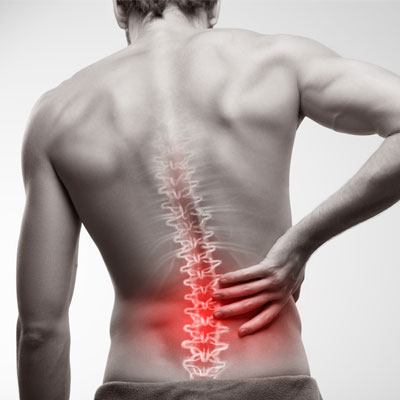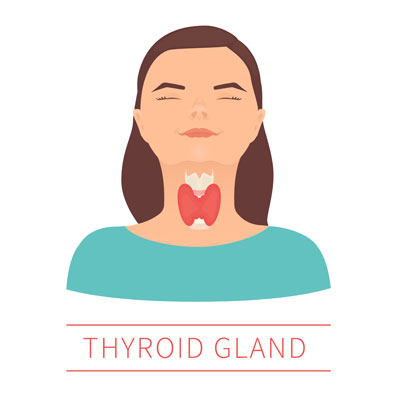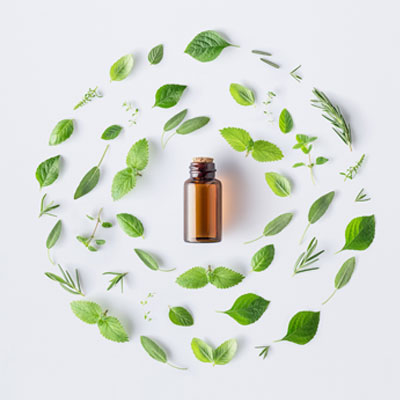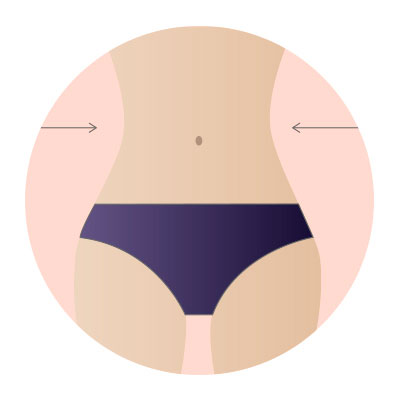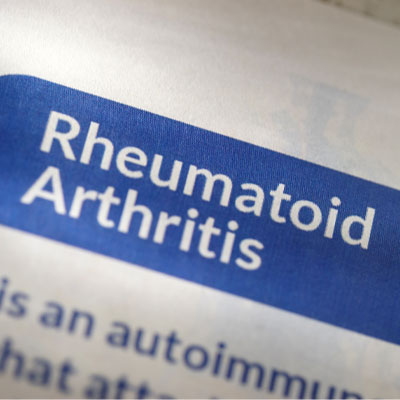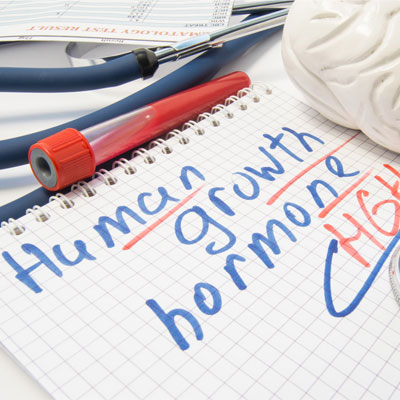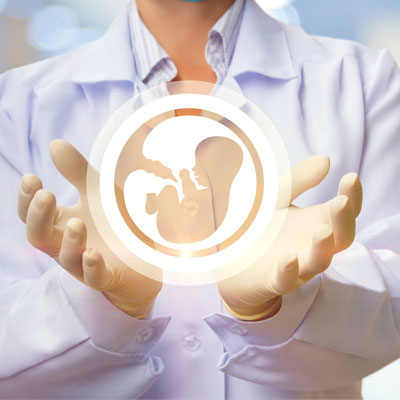Contents
There is an old joke that joint pains can predict the weather, but stiff, achy joints are no laughing matter. Pain in the knees, hips, hands, fingers, toes, or ankles can make it difficult to enjoy life. Even worse, degenerative conditions such as arthritis can severely reduce a person’s quality of life. How can HGH help with a joint pain that is standing in the way of you and your plans for the future?
HGH goes right to the source, the joints, to bring about change. As you age, your body undergoes many changes. Perhaps the most debilitating issue is that of hormonal decline. Growth hormone levels start to decrease by the time most adults reach their late twenties. After years and decades of this reduction in HGH levels, many people begin to suffer symptoms of HGH deficiency.
Growth hormone deficiency can impact the joints in the following ways:
- Reducing collagen levels that cushion the joints by decreasing the production of crucial new cells that form collagen
- Breaking down and decreasing cartilage and ligaments that support the joints and provide mobility
- Weakening the bones by decreasing the production of osteoblasts that maintain bone density
- Contributing to muscle loss by slowing down cellular regeneration
Although HGH does have beneficial properties for the joints, it is also essential to point out that the reverse can be true.
How does HGH cause joint pain for some people?
Not all HGH use is legal and prescribed by a doctor. Some people seek out HGH injections from illegal sources such as “black market” websites or people they know from the gym. Bodybuilders are frequent abusers of HGH injections. When HGH is used illegally, it raises the level of human growth hormone higher than its natural state. That can cause muscle, nerve, and joint pain after HGH extended use.
We cannot stress enough the importance of working with a hormone specialist to determine if HGH therapy is right for you. The proper dosage of HGH for your needs will provide you with the safe benefits you desire.
Why Does HGH Deficiency Affect Joints?
The connection between human growth hormone and joint pain is a deep one, located well beneath the skin’s surface. When you examine the joint, you find many parts of the body working together:
- Bone
- Muscle
- Cartilage
- Tendon
- Ligaments
- Synovial membrane
- Synovial fluid
- Bursa
- Joint capsule
As growth hormone levels decline, production of crucial osteoblasts slows down. The bone remodeling process is one where the body resorbs old bone cells so that new ones can take their place. People with growth hormone deficiency tend to lose old bone at a faster rate than new bone growth occurs. The bones become weak and brittle, increasing stiffness, pain, and fracture risk.
With growth hormone deficiency, joint pain often becomes a way of life. A decline in collagen production contributes to a decrease in synovial fluid. The cartilage that cushions the joints becomes thin, stiff, and starts to break down. The synovial membrane becomes inflamed, and the ends of the bone rub together with every movement.
For people with Trusted sourceAmerican College of RheumatologyOsteoarthritis Fast FactsGo to sourceosteoarthritis who ask can HGH help with joint pain, the answer is yes, HGH therapy can help with all of the issues we mentioned.
Rheumatoid arthritis is a condition where the body starts to attack itself, as with most forms of autoimmune disease. Rheumatoid arthritis can spread through the body and even affect the eyes and internal organs. HGH deficiency can worsen the effects of rheumatoid arthritis in the same ways as mentioned above, as well as by decreasing muscle mass that supports the bones and joints. People with rheumatoid arthritis often suffer from weakness and fatigue that can also be helped by HGH therapy.
There is also an indirect way in which HGH deficiency leads to painful joints. Human growth hormone helps to regulate metabolism. Low HGH levels often lead to fat storage and weight gain. Carrying around extra weight puts an added strain on the joints and bones, increasing joint pain and reducing mobility.
HGH Benefits for Collagen Increase for Painful Joints
One of the most important benefits regarding decreased HGH joint pain is that of HGH therapy increasing collagen supplies. The body needs collagen for more than keeping the skin firm. Collagen is an essential protein that makes up the connective tissue in the joints. What is collagen made of? Cells stimulated by HGH along with insulin growth factor 1, a hormone produced by the liver after it receives signals from HGH.
How can HGH help with a joint pain by increasing collagen?
To decrease growth hormone joint pain, HGH therapy helps collagen thicken and repair cartilage. As synovial fluid levels improve, the joint moves with increased mobility. Range of motion improves, and the individual experiences a reduction in pain.
HGH and Weight Loss to Benefit Joint Pain
Weight gain due to growth hormone deficiency puts extra strain on already painful joints. HGH therapy helps to improve metabolic functions as well as glucose uptake by the cells. You begin to lose excess fat while increasing lean muscle mass. The body becomes leaner, stronger, and more physically toned. With less of a strain on the joints, mobility improves.
How to Know If HGH Therapy can Help Improve Joint Pain
The older you get, the more the body goes through a state of deterioration. Declining hormone levels further the breakdown of muscle, bones, cartilage, and joints. You will not know if HGH therapy can help you without undergoing blood testing to determine hormonal imbalance or deficiency. At that time the hormone specialist can let you know if HGH helps joint pain based on your growth hormone levels. If you are deficient, then there is a considerable chance that you will reap the benefits of reduced joint pain, stronger bones, and improved mobility.
Can HGH help with a joint pain that is standing in the way of you enjoying all aspects of your life? There is only one way to find out. Contact our hormone clinic today for your free and confidential consultation with one of our medical advisors.
- L Tauchmanova , C Di Somma, A Rusciano, G Lombardi, A Colao
- Maya Barake, Asma Arabi, Nancy Nakhoul, Ghada El-Hajj Fuleihan, Sarah El Ghandour, Anne Klibanski, Nicholas A Tritos
- Endocrrine Society
- Ahmed Zayed Helmy MD; Reviewed By Gilmore Health
The role for growth hormone in linking arthritis, osteoporosis, and body composition
Effects of growth hormone therapy on bone density and fracture risk in age-related osteoporosis in the absence of growth hormone deficiency: a systematic review and meta-analysis
Growth Hormone Reduces Risk of Osteoporosis Fractures in Older Women
HGH Is Now A Solid Treatment For Osteoporosis According To Studies

